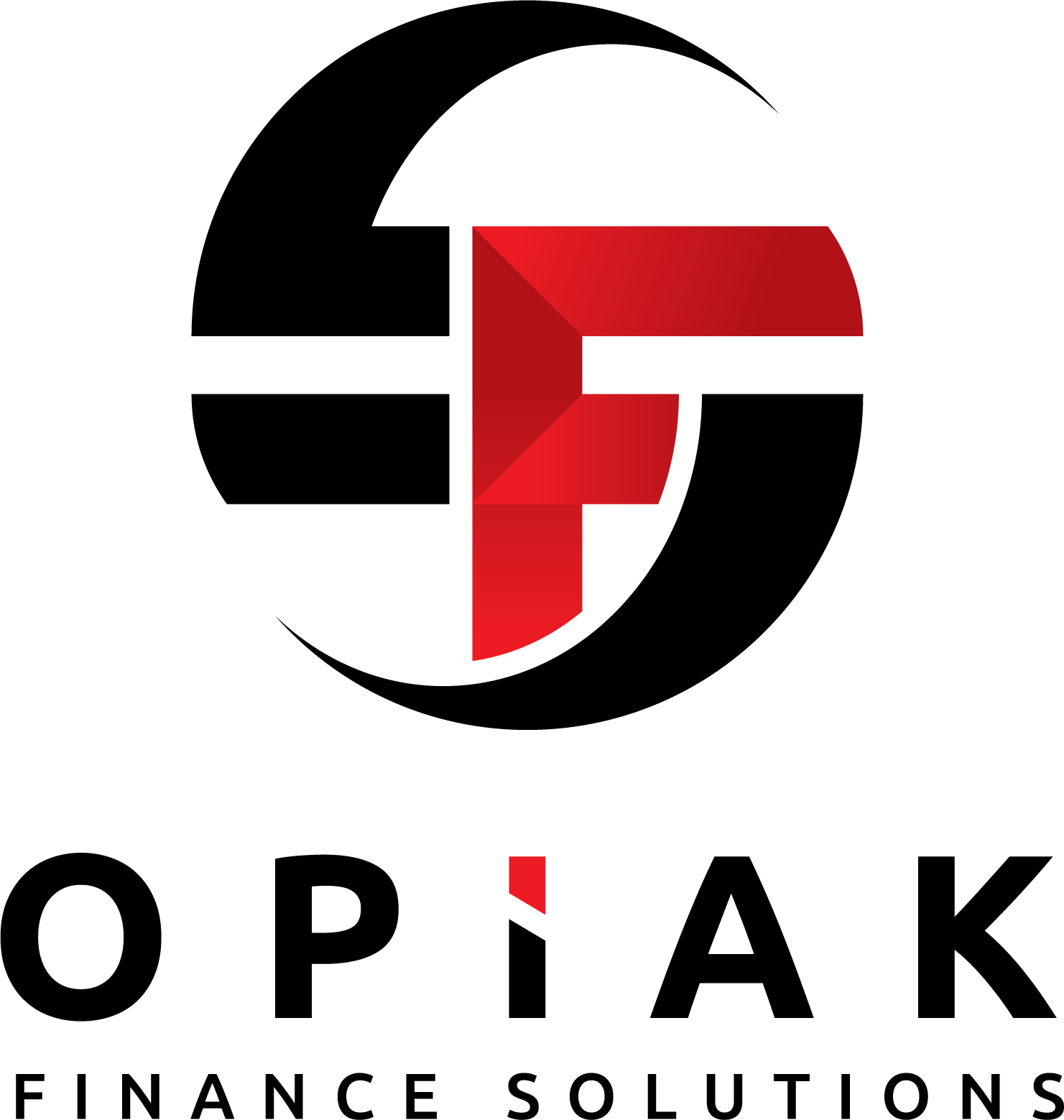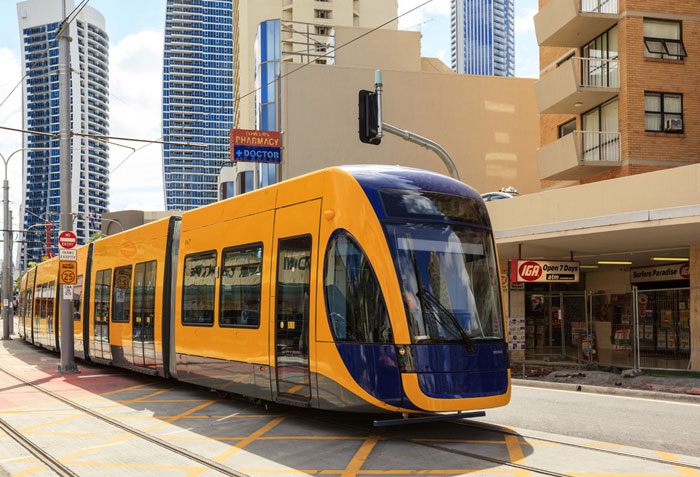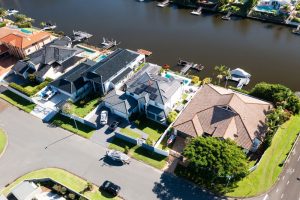For Gold Coast businesses, having the right equipment can mean the difference between thriving and merely surviving.
Whether you run a café in Broadbeach, a construction company in Coomera, or a retail store in Robina, at some point you’ll need to purchase new equipment.
While many business owners focus solely on finding the lowest interest rate when seeking equipment finance, there are several other important factors that can have a big impact on your business’s cash flow and long-term success.
1. Matching Equipment Lifespan with Loan Terms
One of the most common mistakes business owners make is financing equipment for a period that doesn’t align with its useful life.
Why It Matters
Financing equipment for longer than its useful life can leave you making payments on equipment that’s no longer productive or has been replaced.
Conversely, choosing a term that’s too short can strain your cash flow with unnecessarily high repayments.
What to Consider
Realistic equipment lifespan: Different types of equipment have different lifespans. For example:
- IT equipment and software: 2-3 years
- Office furniture: 7-10 years
- Vehicles: 5-7 years
- Heavy machinery: 7-15 years
Technological obsolescence: On the Gold Coast’s competitive business scene, staying current is crucial. Will advancing technology make this equipment outdated before it physically wears out?
Usage intensity: Equipment used constantly will wear out faster than equipment used occasionally.
Resale value: Some equipment maintains better resale value, which might influence your decision on loan term.
Practical Approach
Aim to have your loan term end slightly before the equipment’s estimated end of life.
This gives you time to arrange replacement financing before you need new equipment, rather than overlapping loans.
2. Understanding Seasonal Business Considerations for Repayment Structures
The Gold Coast’s economy has distinctive seasonal patterns, particularly in tourism, retail, and construction sectors.
Why It Matters
Standard loan repayments that remain constant throughout the year can create cash flow pressure during your business’s slower periods.
What to Consider
Business seasonality: Map out your business’s peak and off-peak periods. For many Gold Coast businesses, this follows tourist seasons, with peaks during summer holidays and school breaks.
Cash flow patterns: Review at least two years of financial data to identify your recurring cash flow trends.
Flexibility requirements: Consider how much flexibility you need in your repayment schedule.
Practical Approach
Look for lenders offering:
- Seasonal payment plans with higher payments during peak seasons and lower payments during off-seasons
- Interest-only periods for predictable slow months
- Skip payment options for certain months of the year
- Line of credit facilities instead of fixed loans for variable equipment needs
3. Tax Implications of Different Equipment Finance Options
Different finance structures have different tax outcomes, which can significantly impact the total cost of your equipment.
Why It Matters
Choosing the right finance structure can optimise your tax position and improve your business’s cash flow.
What to Consider
Chattel Mortgage: You own the equipment immediately, can claim the GST input tax credit in your next BAS (if registered for GST), and may claim depreciation and interest as tax deductions.
Equipment Lease: Lease payments are generally fully tax-deductible as operating expenses, but you don’t own the equipment during the lease term.
Commercial Hire Purchase: Similar to a chattel mortgage but with different accounting treatment. You’ll be able to claim tax deductions for depreciation and interest components of the payments.
Outright Purchase (using a business loan): Allows you to claim depreciation and potential instant asset write-offs, but may not be the most efficient use of working capital.
Practical Approach
Consult with your accountant before deciding on a finance structure, especially with the frequent changes to tax incentives like temporary full expensing and instant asset write-off thresholds.
4. Residual Value Considerations for Depreciating Assets
Residual values (sometimes called balloon payments) can reduce your regular payments but require a larger payment at the end of the loan term.
Why It Matters
Setting an appropriate residual value can help match your repayments to the equipment’s depreciation curve and your business’s cash flow needs.
What to Consider
Equipment depreciation rate: Different equipment types depreciate at different rates. Technology depreciates quickly, while certain machinery might hold value longer.
Future plans: Will you want to upgrade at the end of the term or continue using the same equipment?
Cash flow projections: Will your business be in a position to make a larger payment at the end of the term?
Refinancing possibilities: Is there a possibility you might need to refinance the residual amount?
Practical Approach
For equipment with good resale value and predictable depreciation (like many vehicles), a residual value that approximates the expected market value at loan end can be effective.
For rapidly depreciating equipment (like computers), minimise or avoid residual values unless you’re confident about your ability to cover the final payment.
5. Choosing Between Lease vs. Buy Options for Your Business Stage
The decision to lease or buy equipment should align with your business’s growth stage and overall strategy.
Why It Matters
Leasing might preserve working capital and provide flexibility for growing businesses, while buying might be more economical for established businesses with predictable equipment needs.
What to Consider
Business stage: Startups and rapidly growing businesses might benefit from the flexibility of leasing, while established businesses might find buying more economical in the long run.
Equipment type: Equipment that requires frequent upgrades (like technology) might be better leased, while equipment with a long useful life might be better purchased.
Balance sheet implications: Leases and loans affect your financial statements differently, which could impact your ability to secure other financing.
Cash position: If preserving working capital is essential, leasing might be preferable despite potentially higher long-term costs.
Practical Approach
For Gold Coast businesses in tourism, hospitality, or retail, where keeping up with trends is important, leasing can provide the flexibility to regularly update your equipment and maintain a competitive edge.
For established businesses in construction, manufacturing, or professional services, purchasing equipment outright or through a chattel mortgage often makes more financial sense over the long term.
The Gold Coast Advantage: Industry-Specific Considerations
Different Gold Coast industries have unique equipment financing needs:
Tourism and Hospitality:
- Seasonal cash flow patterns require flexible repayment options
- High equipment usage during peak tourist seasons may accelerate wear and tear
- Regular refurbishments are often needed to remain competitive
Construction and Trades:
- Project-based work might benefit from equipment finance aligned with project timelines
- Heavy machinery often retains good residual value
- Weather impacts on the Gold Coast can affect equipment utilisation and cash flow
Retail and Services:
- Rapidly changing technology requires finance solutions with upgrade options
- Fit-out costs can be substantial and may benefit from longer financing terms
- Point of sale systems and inventory management equipment can quickly become outdated
Securing the Right Equipment Finance
To ensure you get the most suitable equipment finance for your Gold Coast business:
- Prepare comprehensive documentation: Business financial statements, tax returns, bank statements, and a clear equipment specification.
- Speak with a finance specialist: Look for someone with experience in your industry who understands the local Gold Coast business environment.
- Compare multiple options: Don’t just accept the first offer. Different lenders specialise in different industries and equipment types.
- Read the fine print: Pay attention to fees, early repayment terms, and end-of-lease conditions.
- Consider timing: Aligning your equipment purchase with the end of the financial year might provide immediate tax benefits.
Equipment finance, when structured correctly, can help your Gold Coast business grow without placing undue strain on your cash flow.
By looking beyond interest rates and considering these five critical factors, you’ll be in a much better position to make financing decisions that support your long-term business goals.
Need help finding the right equipment finance solution for your Gold Coast business?
Call us on 0466 626 485 to discuss your options.







